Turkey-European Union Association Board Member Deniz Şenol Sert participated at the panel discussion entitled Unlocking the Potential: Women Leadership for a Human-Centric, Environment-Friendly Future at the 8th Bosphorus Summit. Below is the summary of her presentation that focused on migrant women:
“How can we unlock the potential of women? I would have a basic argument that would hopefully let us rethink about stereotypes in relation to migration, specifically migrant women, and show migration as a means to unlock this potential. We have a tendency to talk about migration within negative terms. I would try to provide an alternative perspective here. As one of the previous presenters has mentioned, one cannot realize her potential without struggle. We should remember that migration is an element of such struggle.
Maybe the first stereotype about migration is that entire continents are packing up their suitcases to come and invade our countries or cultures. In fact, based on figures shared by the IOM (all of the figures I will share here are from the same source) there are 244 million migrants in the world, which is 4% of the world population. We are only speaking about 4%. The number of refugees is much less: 19.6 million.
A second stereotype usually visualizes migrants as men. In fact, 50% of both migrants and refugees are women. When realizing the presence of women within this group, a third stereotype appears where women are mostly presented as destitute victims. In fact, these women are humans with agency. In 2015, international migrants sent home $433 billion worth of remittances, which is three times the Official Development Assistance the same year ($132 billion). Migrant women participated in this transaction as much as their male counterparts.
Moreover, migrant women participate in labor force more than non-migrant women. Compared to 73% of migrant women, there are only 64% of non-migrant women who are participating in work force. Almost every 6th domestic worker in the world is an international migrant, and women make up 73% of the international migrant domestic workers. However, unfortunately, as of November 2017 only 24 countries signed and ratified the ILO Convention on Domestic Workers.
As I have stated about 50% of refugees in the world are women and girls. Yet, only 4% of projects in UN inter-agency appeals were targeting women and girls in 2014. Given the fact that half of the Syrians are women and girls in Turkey, we also need to look at the funds received from the EU in relation this matter. I would argue that given the policy vacuum at the initial years of their arrival, Syrians in Turkey, and women in particular, has achieved a lot. They now have their own civil society organizations, trying to join the labor force to earn a living for their families.
Overall, I would like to draw your attention to the agency of these people, and urge all of us to think no only outside the box, but think as if there is no box.”



